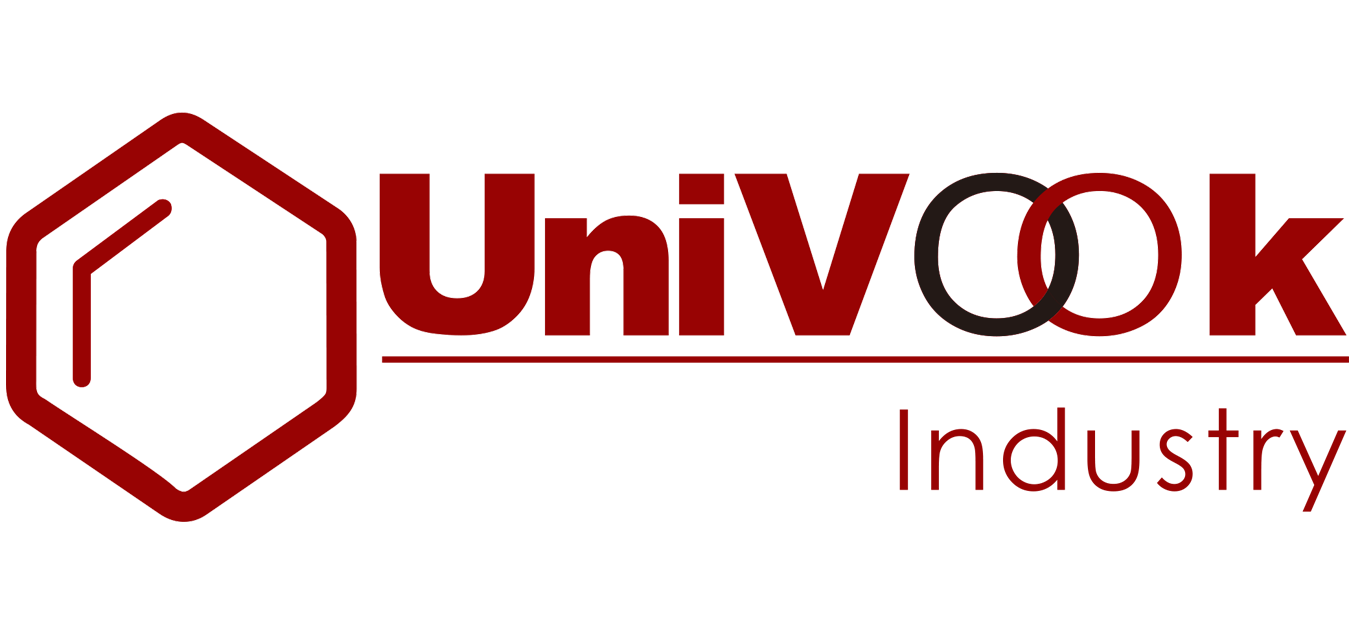CUSTOM MANUFACTURING
有限公司.jpg)
Contact Our Product Manager:
- Phone:+86 (0)21 6536 5235
- Contact: Send E-Mail
Anti-Glass Fiber Exposure Agent
Anti-Glass Fiber Exposure Agent,UniMax D56
UniMax D56 Anti-Glass Fiber Exposure Agent, or known as Anti-Floating Fiber Agent, is an innovative processing aid for plastics and plastic alloys with multi-functional properties: dispersion, compatibilization, coupling, lubrication. By improving the compatibility between glass fiber and resin, dispersing phase of glass fiber and improving the interface bonding strength between glass fiber and resin, the problem of glass fiber exposure in the production of glass fiber modified nylon and polyester products can be effectively solved. Give the product better mechanical properties, processing flow, surface gloss.
Anti-Glass Fiber Exposure Agent is a partial amide derivative of low molecular weight acrylic long chain alkyl ester copolymer, synthesized by high temperature oxidation polymerization technology, which is specially used to solve the problem of glass fiber exposure in glass fiber reinforced nylon and polyester industries.
Dispersion:
Its molecular chain contains an appropriate amount of carboxyl group, amide group and non-polar long chain alkyl. The presence of carboxyl group enables it to react with nylon, polyester and glass fiber surface, form in-situ grafting products on the glass fiber surface, activate the glass fiber surface, improve the adhesion between glass fiber and nylon or polyester, and promote the dispersion of glass fiber in resin.
Compatibilization
The presence of amide group makes high compatibility of UniMax D56 with nylon or polyester.
Lubrication
The existence of non-polar long chain alkyl can improve the friction between the polymer melt and the hot metal surface of the processing equipment, and improve the surface finish of the product.
Application and Advantages of Anti-Glass Fiber Exposure Agent:
– Improve the compatibility of glass fiber with nylon and polyester;
– Promote the dispersion of glass fiber in resin;
– Give glass fiber reinforced composites better processing fluidity and melt stability;
– Give the glass fiber better coating, prevent the glass fiber from being exposed;
– Enhance the surface gloss of the product;
– No precipitation, no migration, good stability.
Find more solutions from UniVOOK Chemical for your industries: Epoxy-modified Polyethylene Wax
For more details and safety recommendations regarding the use of the product, please consult our MSDS of Anti-Glass Fiber Exposure Agent, or contact with our product manager.




